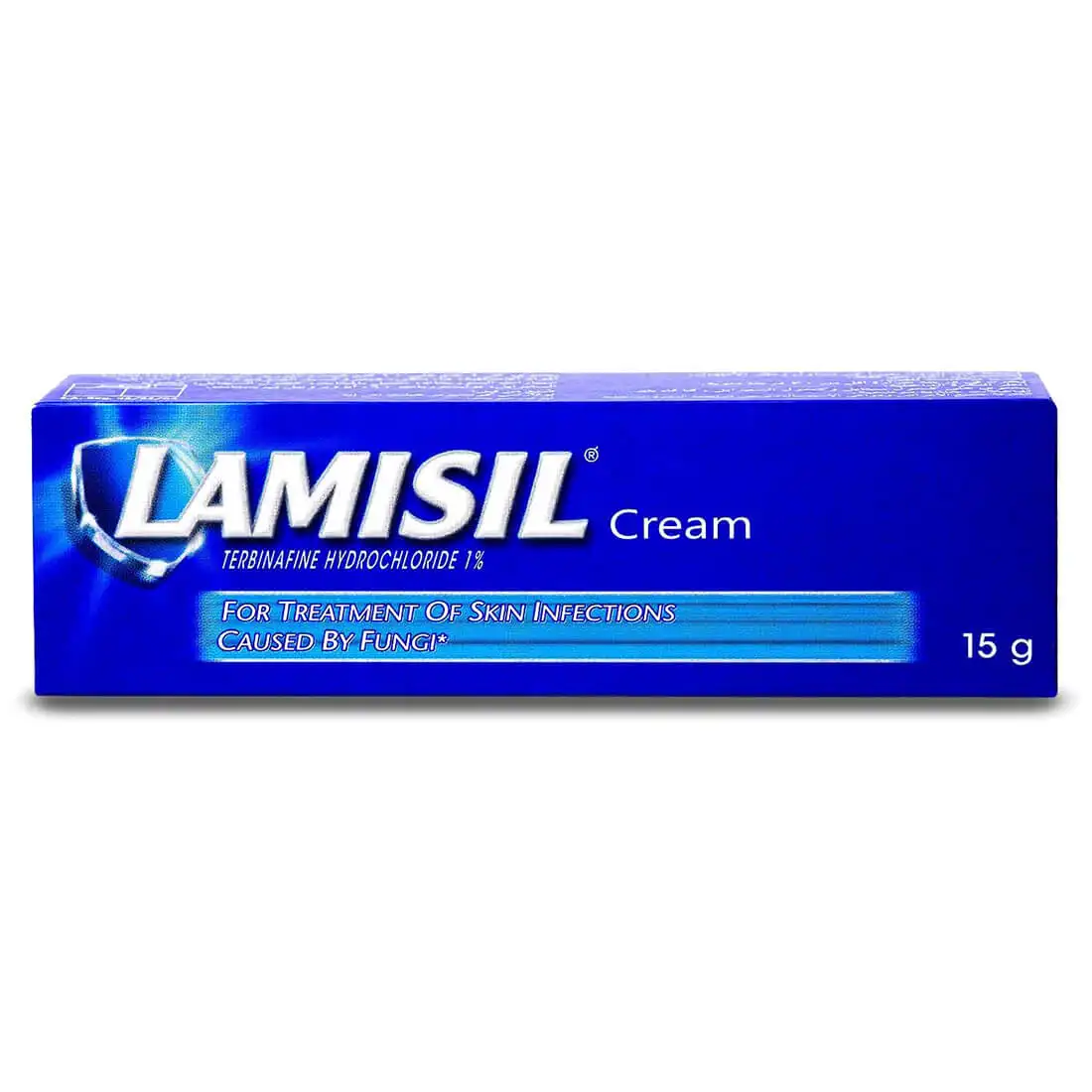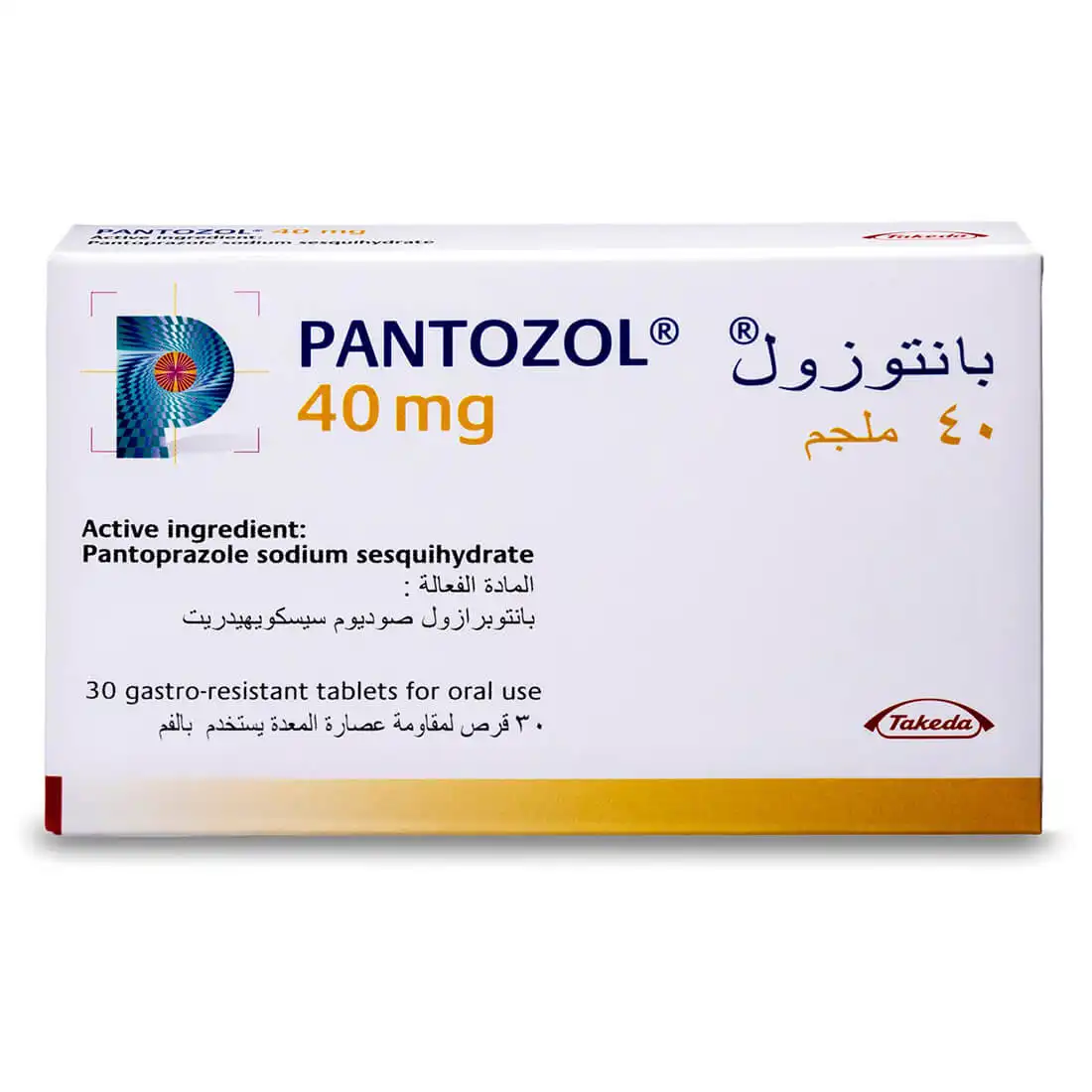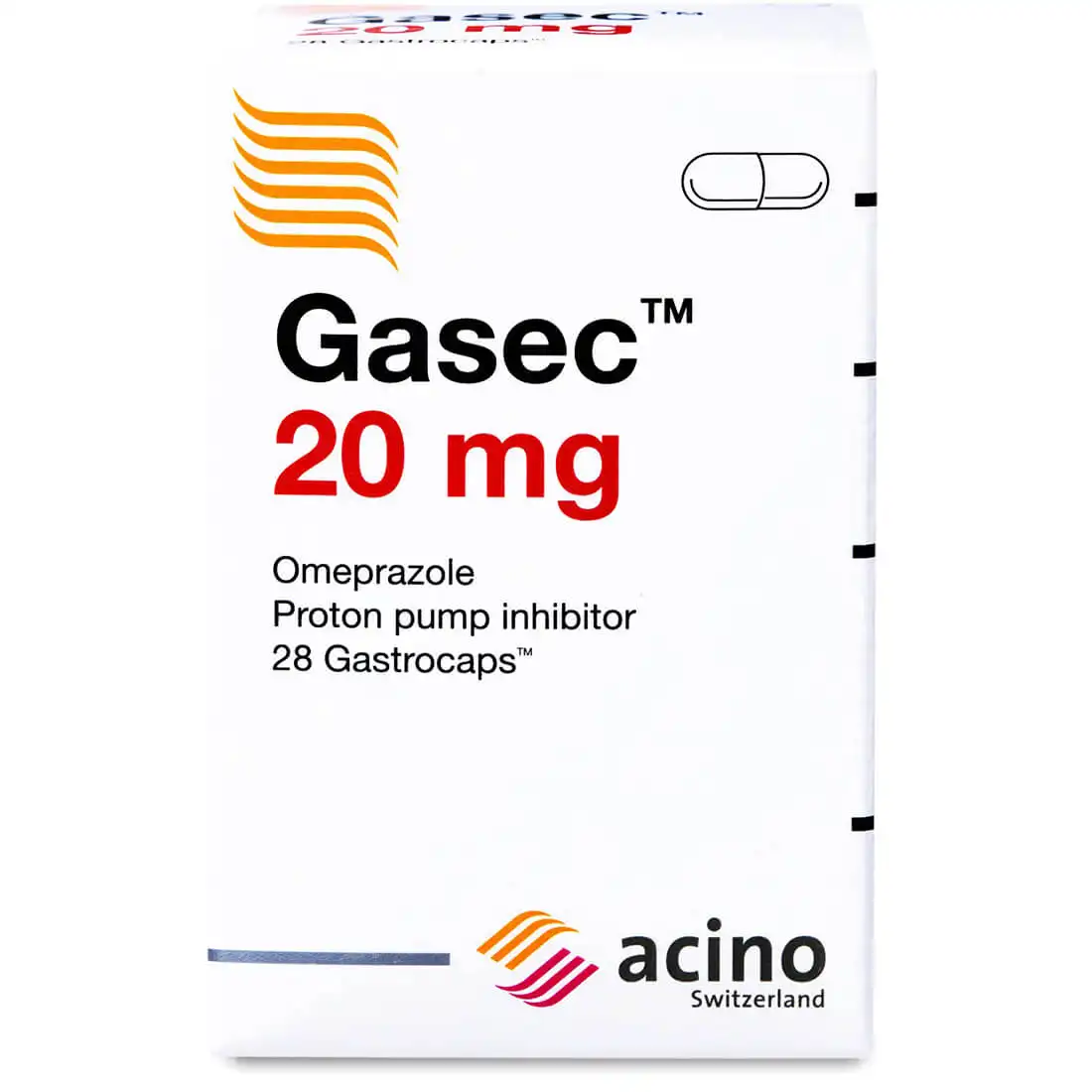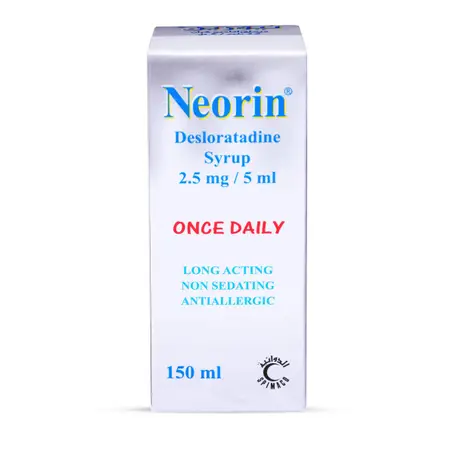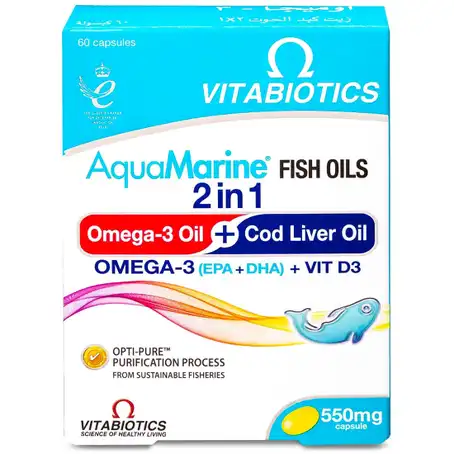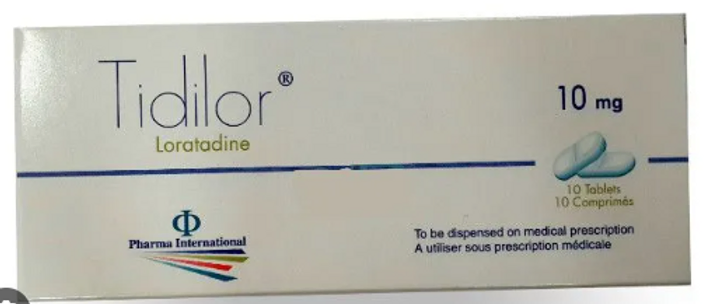| Image | Name | Price |
|---|
Verify OTP
OTP has been sent to
Verify OTP
OTP has been sent to
Cart Total
Get notified when this product is available
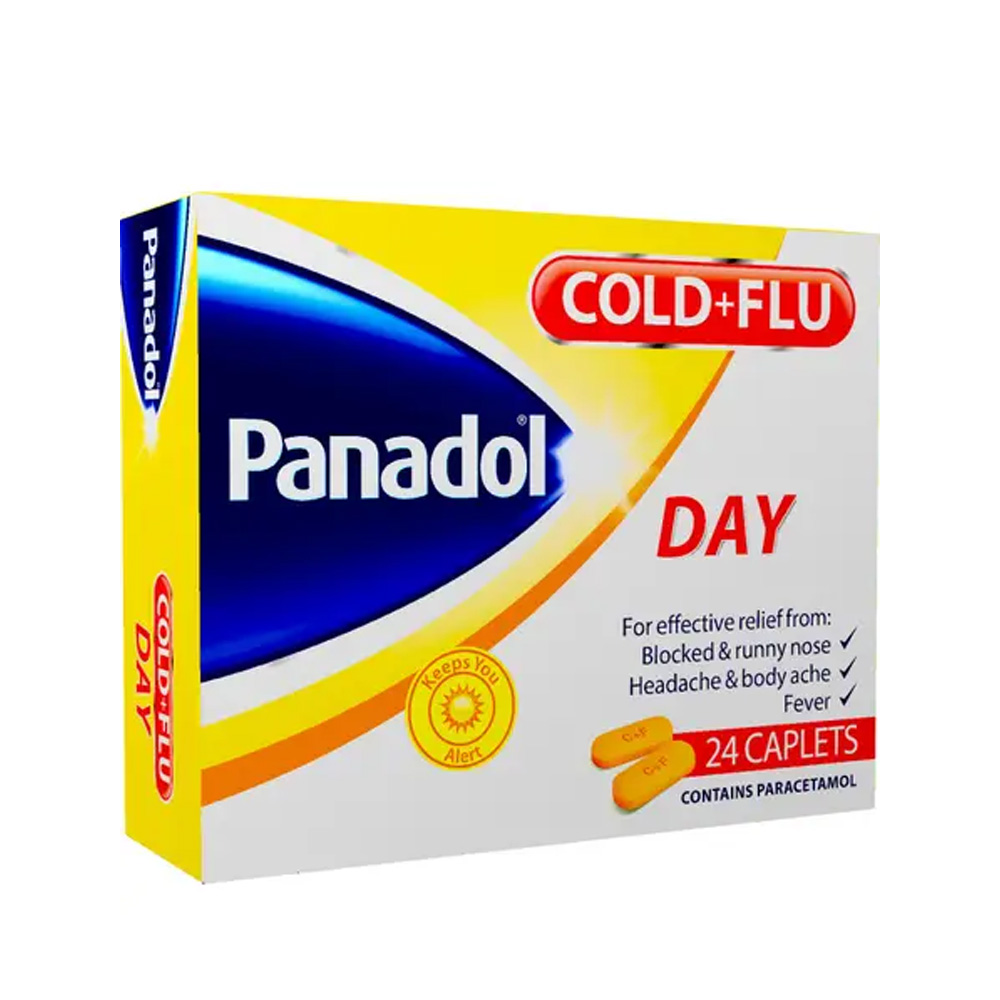

12.30 SAR (vat inclusive)
Highlights:

Product Description:
It is used for the relief of the following indications:
- Headache
- Congestion and sinus pain
- Sneezing
- Body aches
- Itchy and watery eyes
- Blocked and runny nose
- Fever
Do not take Paracetamol/Chlorpheniramine/Pseudoephedrine Hydrochloride
- If you are allergic to Paracetamol, or Chlorpheniramine, or Pseudoephedrine Hydrochloride, other antihistamines or any of the ingredients in this medicine. Tell your doctor about the allergy and what signs you had.
- If you are taking other paracetamol containing products or other antihistamines or cough or cold and flu medications or decongestants. Make sure not to exceed the dose.
- If you have high blood pressure or severe kidney or heart problems.
- If you are taking or have taken during the previous two weeks MAO inhibitors (used to treat depression), like, moclobemide.
Warnings and precautions:
- Talk to your doctor or pharmacist if you develop allergic reactions such as shortness of breath, skin rash, swelling of the face or neck, decreased blood pressure and dizziness.
- Make sure to tell your doctor if you have liver or kidney problems, including alcoholic liver disease or if you have mild arthritis (joints inflammation) and need to take painkillers on a daily basis.
- Long term use of this medication may be harmful to your liver.
- Contact your doctor if symptoms are not relieved.
- Do not drink alcohol when taking this medication.
- Concomitant use of this medication with other medications that may cause drowsiness, like hypnotics (used for sleeping problems) and anxiolytics (used to treat anxiety) may cause excessive sedation. Therefore, make sure to avoid taking any of these medications together.
- This medication contains pseudoephedrine which has been linked to cases of posterior reversible encephalopathy / reversible cerebral vasoconstriction syndrome (medical conditions affecting the brain). Symptoms of posterior reversible encephalopathy / reversible cerebral vasoconstriction syndrome include nausea, sudden onset of severe headache, visual disturbances, and vomiting. Contact your doctor if you experience any of these signs.
- Talk to your doctor before starting this medication if you have an enlarged prostate, blood vessel problems, glutathione depletion (e.g. sepsis), high blood pressure, liver or kidney problems, heart or blood circulation problems, diabetes (high blood glucose levels), overactive thyroid, pheochromocytoma (a tumor on your adrenal glands of your kidneys) or glaucoma (high pressure in your eye).
- Talk to your doctor before starting this medication if you are taking high blood pressure medications including beta blockers (used for some heart problems and high blood pressure) or tricyclic antidepressants (used to treat depression), like, amitriptyline and imipramine.
- Talk to your doctor if you have a history of convulsions or respiratory problems (e.g. bronchial asthma, bronchitis and bronchiectasis).
- This medication contains pseudoephedrine which has been linked to cases of ischemic colitis (decreased blood flow to your colon) that is manifested by signs and symptoms, like, rectal bleeding, abdominal pain, diarrhea, nausea, cramping or tenderness in your abdomen, urgency to pass stools, passing blood without stools and maroon or bright red blood in your stools.
- Stop taking the medication and contact your doctor or seek immediate medical help If you experience similar signs.





